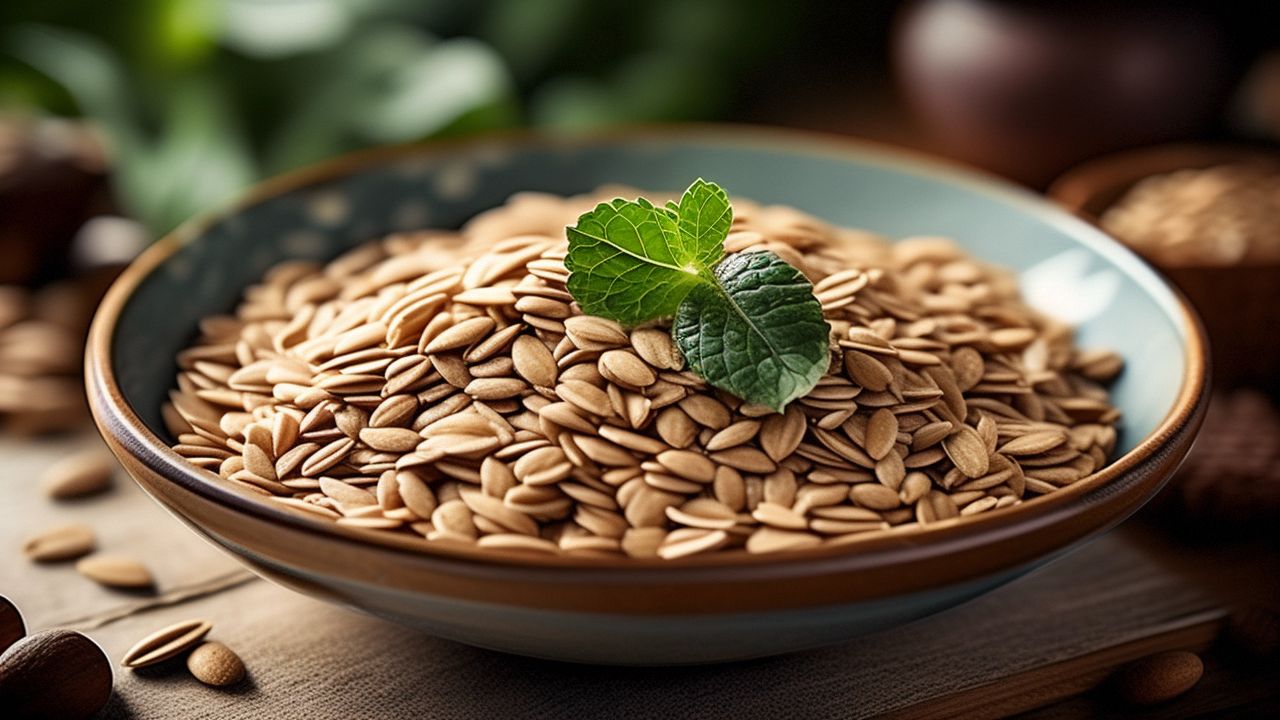Can long-term vegetarian diet prevent hyperlipidemia?
vegetarian diet prevent hyperlipidemia?
In real life, many people regard high blood lipid disorders such as “high blood lipid” and “abnormal cholesterol” as simply caused by excessive eating. Therefore, they see vegetarianism as an effective way to avoid these “rich diseases.” In fact, it is not a safe haven from high blood lipid.
Ruth, who is 1.75 meters tall and weighs only 55 kilograms, eats almost vegetarian daily due to her mother’s high blood lipid condition and to maintain her slender figure. However, during a physical examination before changing jobs, Ruth was diagnosed with high blood lipids. This diagnosis puzzled her: “I’m so thin, how can I have high blood lipids?” Pathologically speaking, the formation of high blood lipids is mainly due to problems with the human metabolic process, exacerbated by unhealthy lifestyle factors.
Fat, protein, and carbohydrates can convert into each other in the body, and some people have metabolic disorders of these three substances due to genetic reasons or other factors.Especially lipid metabolism disorders, which promote the liver to produce excessive triglycerides and lipoproteins rich in cholesterol, causing high blood lipids.
Correspondingly, liking to eat meat does not necessarily lead to high blood lipid formation. Long-term excessive intake of fat is one of the main causes of chronic diseases such as high blood lipid. Experts believe that relying on long-term vegetarianism to prevent high blood lipid not only fails to work but may also cause malnutrition and osteoporosis. Meanwhile, experts also advise citizens to change their eating habits, control their overall diet, balance their dietary structure, and choose cooking methods such as boiling, steaming, stewing and baking, that are beneficial to health, while minimizing the use of fried, grilled, and stir-fried dishes that use more oil.
Naturally, it does not mean that one can indulge in eating meat without restraint. After all, a reasonable diet and lifestyle are crucial for preventing high blood lipid levels.
For example, for patients with hereditary tendencies to high blood lipid levels whose condition has not improved significantly with medication, the main approach is to regulate dietary structure. One should try to avoid or eat less food high in cholesterol, such as animal internal organs, brain, bone marrow, fish roe, shellfish, and squid.
One should often eat vegetables and fruits rich in fiber, which contain large amounts of plant sterols that can inhibit cholesterol absorption and have an anti-atherosclerotic effect.A study conducted by Harvard T.H. Chan School of Public Health found that a plant-based diet rich in whole grains, legumes, fruits, and vegetables is associated with a lower risk of cardiovascular diseases. The research suggests that such diets can help reduce blood pressure and cholesterol levels, thereby lowering the risk of heart attacks and strokes.




